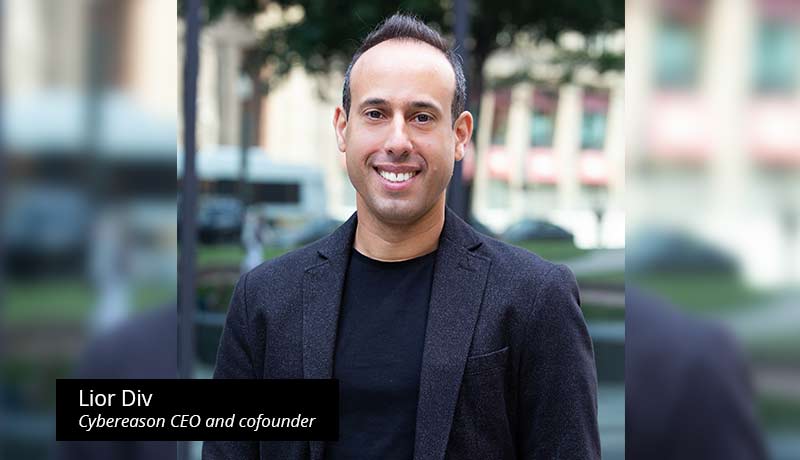
SolarWinds had crippling effects on hundreds of businesses and nearly a dozen U.S. government agencies. Yet it’s safe to say the Exchange Server breach is 1,000 times more crippling because the perpetrators attacked small and medium sized businesses, the lifeblood of the U.S. and global economy. There could be hundreds of thousands of businesses crippled. As if the devastating effects of COVID-19 isn’t enough for small businesses, municipalities and other organizations that were forced to either close or downsize their staff over the past year, they are now taking another collective punch to the midsection.
These well-trained and highly skilled nation-state teams are cold-blooded, have no conscience and have a singular goal of seeing the United States and Europe suffer and scramble. Why else would they constantly attack hospitals, research companies and the vaccine supply chain? They do it because they can and because they are ruthless profiteers. In the bigger picture, when Microsoft is in trouble, the global economy and our well-being is in trouble. They are #21 on the Fortune 500 and their products are used in every corner of the world.
Immediately, the United States and other countries at the state and national level need to be threat hunting around the clock in their networks. There is power in an approach of many and sharing intelligence, sharing the locations of where the cyber criminals are located and putting their names on the front pages of every news outlet in the world is a start to putting defenders on higher ground than threat actors. In addition, an operation centric approach to fighting cybercrime is needed so that defenders see every aspect of the threat actors’ malicious operation to better digest disparate pieces of information, pinpoint the malicious behavior and stop it before it has material impact.
If Microsoft wants to be a leader in the security space, they should demand more of themselves and so should their customers. Most companies don’t have the luxury of being a massive conglomerate with infinite access to the market like Microsoft. Being a larger player in the business systems space and offering security as an add-on at little-to-no cost by way of licensing bundles (as with the notorious E5 license) demands that security offerings be at least minimally effective — especially in defending their own products and services.
